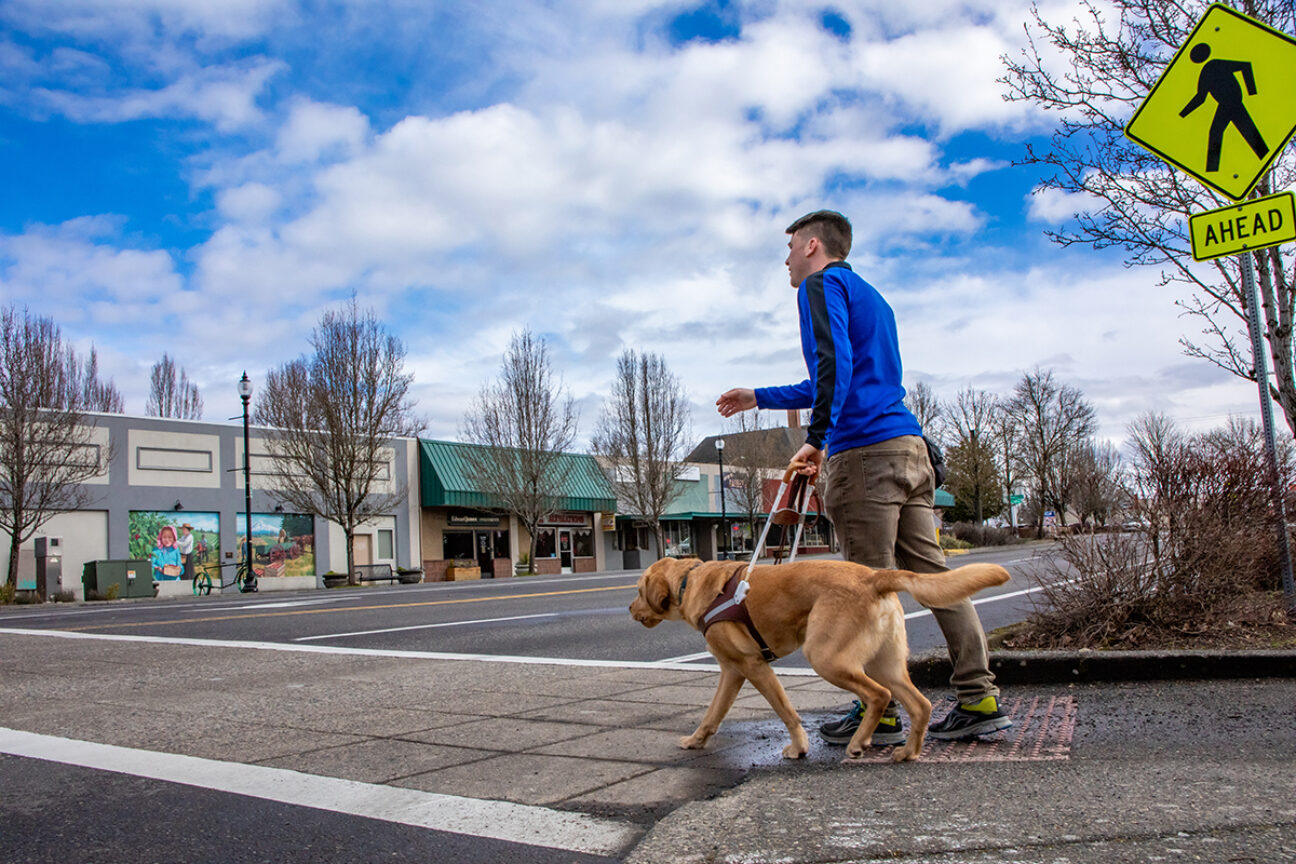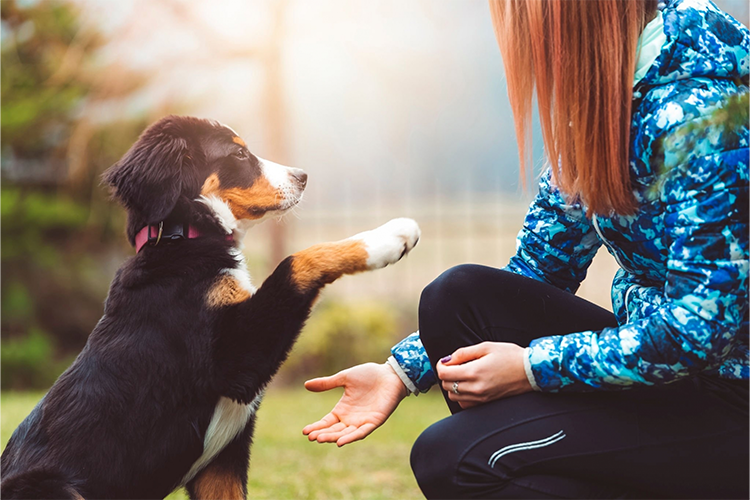Elevate Your Skills with Local Dog Training Charlotte Programs
Elevate Your Skills with Local Dog Training Charlotte Programs
Blog Article
Unlock Your Canine's Potential: Proven Dog Training Strategies for Success
Reliable pet dog training is a nuanced process that pivots on understanding canine actions and employing medically backed techniques. By including positive reinforcement, establishing clear commands, and prioritizing socializing, canine owners can cultivate an effective connection with their family pets.
Understanding Canine Actions
Understanding pet dog actions is vital for reliable training and promoting a favorable relationship between pets and their owners. An extensive understanding of canine body movement, articulations, and social interactions is critical for recognizing their feelings and demands. Dogs interact mostly via non-verbal cues; for example, a wagging tail might show enjoyment, while pinned ears can signify anxiety or submission.

Additionally, environmental factors play a substantial function in shaping a dog's actions. Modifications in routine, brand-new environments, or the existence of unfamiliar people can result in stress or anxiousness in pet dogs. Recognizing these triggers makes it possible for proprietors to alleviate unfavorable responses and establish appropriate training approaches.
Inevitably, a deep understanding of pet actions lays the structure for successful training approaches, enhancing both actions and the general bond in between the pet dog and its proprietor. Dog training. This understanding is vital for promoting a well-adjusted, satisfied canine buddy
Favorable Reinforcement Methods
Effective training depends greatly on positive support techniques, which have actually been revealed to yield substantial cause shaping wanted behaviors in pet dogs. This method entails rewarding a pet dog for exhibiting certain actions, consequently raising the possibility that these habits will be duplicated. Rewards can take different kinds, including deals with, appreciation, toys, or playtime, depending upon what encourages the specific pet dog.

It is important to slowly phase out incentives as the canine finds out the habits, transitioning to intermittent support. This strategy keeps the habits over time while protecting against reliance on consistent rewards. By concentrating on positive support, trainers can grow a trusting partnership with their pet dogs, promoting a healthy and balanced and cooperative training environment that boosts overall obedience and efficiency.
Developing Constant Commands
A fundamental facet of successful pet dog training is the establishment of constant commands. Uniformity in commands is vital for effective communication between the dog and the fitness instructor. When commands are consistent, pets learn to connect specific words with preferred actions, which accelerates the training procedure and improves understanding.
To establish consistent commands, it is vital that all relative utilize the very same terminology and gestures. If one person utilizes "rest" while an additional claims "rest down," it can create confusion for the dog. Select clear, distinct words for commands and make sure every person associated with the dog's training abides by these selections.
In addition, rep is key. Reinforce commands through frequent practice, making sure that the pet dog gets adequate chances to dog trainer caesar react appropriately. When a pet dog efficiently complies with a command, instant favorable support must comply with. This might be in the type of deals with, appreciation, or playtime, strengthening the link between the activity and the command.
Last but not least, hold your horses. Establishing consistent commands requires time and initiative. With commitment and clarity, you will certainly aid your pet establish a strong understanding of assumptions, eventually causing a well-behaved friend.
Socializing and Exposure
Mingling a pet dog is necessary for promoting a confident and well-adjusted friend. This process entails subjecting your canine to this article a variety of settings, people, and other pets to create their social skills and adaptability. Early socializing, ideally between the ages of 3 to fourteen weeks, is critical, as it prepares for a dog's future habits.
During socializing, goal to offer favorable experiences in different setups, such as parks, active streets, and homes with various other animals. Present your dog to different stimulations, including audios, views, and scents, ensuring that each experience is fulfilling. This exposure aids minimize fear and anxiousness, leading the way for a more resistant dog.
Participating in regulated team play sessions with other canines can likewise boost social skills, teaching your pet dog suitable communications and borders. Constantly check your dog's convenience level during these experiences, progressively boosting exposure as their confidence grows. Keep in mind, the goal is to produce a well-rounded animal that prospers in varied scenarios, promoting an unified partnership with both human beings and various other animals. Prioritizing socialization will substantially add to your canine's overall joy and actions throughout their life.
Overcoming Common Educating Difficulties

One more constant issue is diversion. Pet dogs may battle to concentrate in unfamiliar or busy settings. Progressively desensitize your dog to diversions by beginning training in a peaceful setting and gradually introducing even more stimuli as they end up being proficient (dog training charlotte nc). Favorable support techniques, such as treats and praise, can maintain motivation and emphasis.
Furthermore, behavior problems like leaping or extreme barking can end up being discouraging. Address these by showing alternate habits, such as resting comfortably when welcoming guests. Consistency and patience are important; strengthen desired behaviors regularly and avoid scolding, which can bring about complication.
Last but not least, identify that each pet is one-of-a-kind, and training timelines might vary. Tailor your approach to your dog's specific requirements, and look for expert assistance if necessary. With willpower and the appropriate strategies, getting over these obstacles can cause a well-trained, happy canine companion.
Verdict
In verdict, opening a canine's potential demands a thorough technique that incorporates an understanding of canine behavior, the application of favorable reinforcement strategies, and the establishment of consistent commands. Early socializing and exposure to varied environments further improve a dog's flexibility and confidence. By resolving common training challenges with customized methods and perseverance, a cooperative and unified connection in between dog and trainer can be promoted, inevitably resulting in a mannerly companion efficient in thriving in different scenarios.
Effective pet dog training is a nuanced process that hinges on recognizing canine habits and employing clinically backed approaches.Understanding pet dog actions is necessary for reliable training and fostering a positive partnership in between canines and their proprietors.Reliable training relies heavily on favorable support techniques, which have been shown to produce substantial results in shaping preferred habits in pets. When commands are consistent, dogs discover to connect specific words with wanted behaviors, which speeds up the training procedure and enhances understanding.
In verdict, opening a dog's potential necessitates a detailed technique that includes an understanding of canine actions, the application of favorable support strategies, and the facility of regular commands.
Report this page